
Contact Charles W. Patrick, Jr.
Office: Charleston, South CarolinaPhone: 843-727-6512
Toll Free: 888-293-6883
Fax: 843-727-3103
E-mail: [email protected]
Areas of Practice
Charles W. Patrick, Jr. Of Counsel
Charles Patrick is a distinguished litigator who has played integral roles in some of the most significant public health litigation in American history, including state tobacco cases that led to the historic national master settlement.
He is a founding member of RPWB and served for many years on the firm’s three-person executive committee.
Born in North Carolina, Patrick’s father was in the mining business and brought the family to Jonesville, South Carolina. Charles met his wife, Celeste, at Furman University, where he was a history major. The pair married after graduation and both headed to Columbia, where Charles studied law at the University of South Carolina School of Law and Celeste began her study of medicine.
While in law school, Patrick was executive editor of the law review. He soon joined Terry Richardson and Ron Motley, who were heavily involved in the early stages of asbestos litigation, and became the first attorney with Blatt & Fales to work out of an office in Charleston in 1980.
Patrick and the rest of the small firm focused a great deal of time and energy on asbestos litigation, which was a cutting-edge area of law at the time. Their efforts to bring justice to hard-working men and women with mesothelioma were soon bolstered by the discovery of internal documents proving manufacturers knew of the health consequences of asbestos. In all, Patrick tried more than 50 individual asbestos cases and four mass asbestos consolidations. Many thousands of workers who suffered the crippling health effects of asbestos exposure, including mesothelioma, continue to benefit from the firm’s work.
In 1988, the firm changed names to Ness, Motley, Loadholt, Richardson & Poole and soon thereafter began to set its sights on holding big tobacco accountable for causing the largest public health crisis in the world.
Patrick was an initial member of the Mississippi tobacco trial team that pioneered the concept that a state entity is entitled to recover healthcare costs from tobacco companies for the damages caused by the use of their products. He played a pivotal role in crafting the legal theories and building the evidence required to bring such cases. Litigation on behalf of attorneys general in Mississippi, Florida and Texas settled for a combined $40 billion and tobacco companies soon entered into a $200 billion master settlement with the remaining states. This money has been used to compensate states for their healthcare spending and to educate the public and, in particular, children about the very serious risks of using tobacco products.
In 2002, Patrick joined three other partners to form RPWB. The following year, he helped prepare a class action brought by smokers of “light” cigarettes against Phillip Morris in Illinois. The case, tried by other RPWB lawyers, resulted in an $11.5 billion verdict. Although the judgement was reversed by a narrow majority of the Illinois Supreme Court, the theory advanced by the class has been approved as valid in other state courts and the matter is still under appeal.
Patrick remains heavily involved in tobacco litigation and other public health matters on behalf of governments. He is a foreign legal consultant for six Canadian provinces seeking to recoup public health spending.
Outside of his law practice, Patrick and his wife own Patrick Properties, a hospitality company that owns and operates several Charleston-area special events venues and restaurants, including Fish, the American Theatre, the William Aiken House and Lowndes Grove Plantation. The company has been credited with jumpstarting redevelopment along Upper King Street in downtown Charleston, and received the National Historic Preservation Award from the National Trust for Historic Places.
Charles and Celeste Patrick have served on a number of civic boards and charitable organizations, including the Trident United Way, Charleston Promise Neighborhood, Conservation Voters of South Carolina, Southern Environmental Law Center, Lowcountry Chapter of the American Lung Association, Furman University Board of Trustees, MUSC Foundation Board, Charleston Stage, Charleston Symphony Orchestra and the Gaillard Performance Hall Foundation and Management Corporation.
The couple has two children, both of whom have followed in the family businesses. Their son, Charlie, is a prosecutor with the Ninth Circuit Solicitor’s Office and their daughter, Laura, owns the Bay Street Biergarten.
In his spare time, Charles enjoys playing tennis, hiking, reading and spending time in the mountains.
Related Profiles
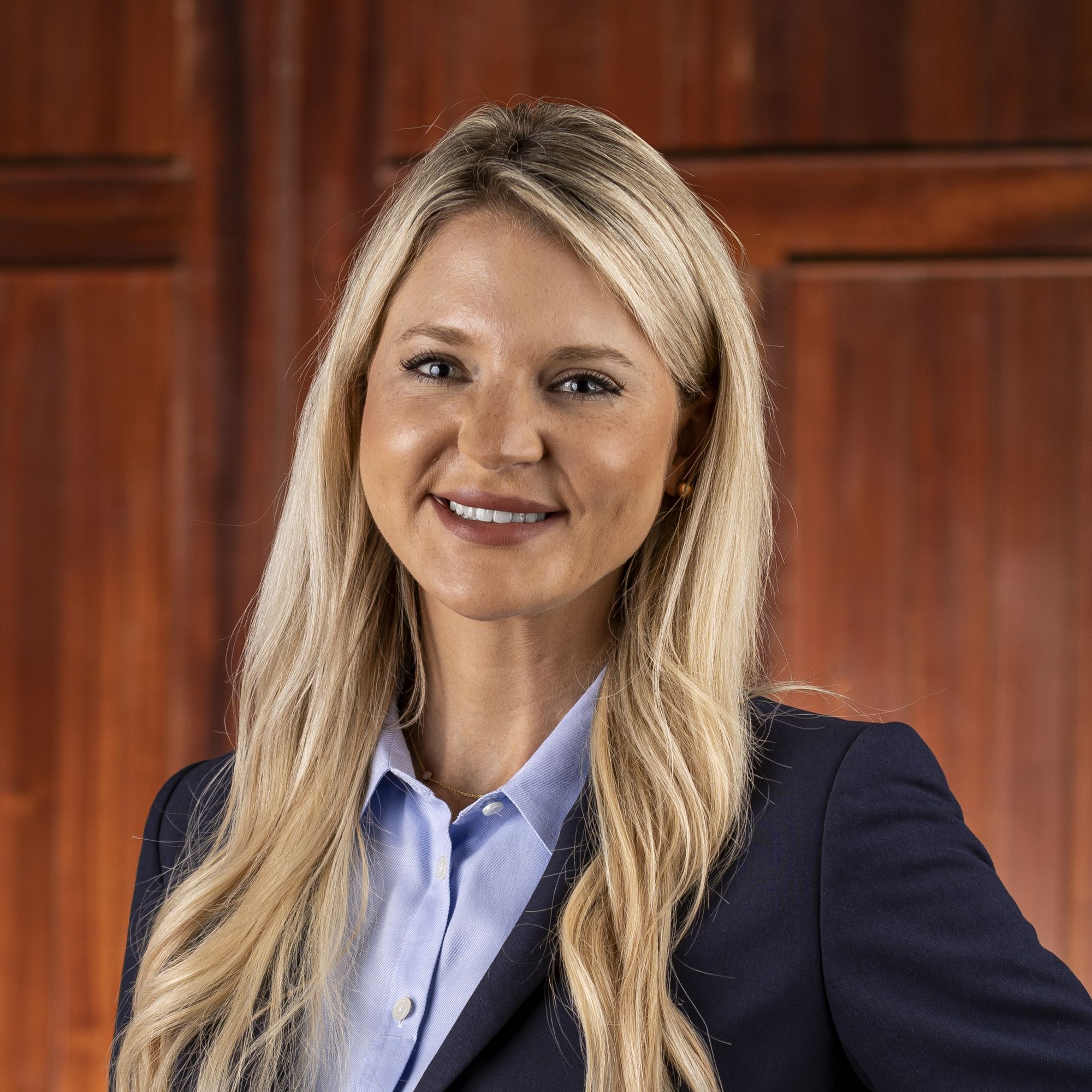
Courtney N. Rudolph Associate
Defective Medical ProductsDrug InjurySouth Carolina Wrongful Death LawyersTruck Accident LawyersPharmaceutical Drugs & Medical DevicesMedical Malpractice & Pharmacy Liability Lawyers
READ MORE
Deon Tedder Associate
South Carolina Criminal Defense LawyersDepo-Provera Brain Tumor LawsuitOzempic Stomach Paralysis & Intestinal Blockage LawsuitsEzriCare & Delsam Pharma Eye Drops LawsuitChemical Hair Straightener Cancer LawsuitsExactech Knee and Ankle Replacement LawsuitCamp Lejeune Water Contamination LawsuitsParaquat Weed Killer LawsuitTalcum Powder Ovarian Cancer LawsuitsTalcum Powder Mesothelioma LawsuitsCombat Arms Ear Plugs SettlementMesothelioma LawyersSouth Carolina Wrongful Death LawyersWhite-Collar Criminal DefenseTruck Accident LawyersRailroad Accident LawyersProducts And Premises LiabilityHeart Surgery Infection LawsuitsNursing Home Abuse & Neglect LawyersMedical Malpractice & Pharmacy Liability LawyersBurn Injury LawyersMesothelioma Lawsuits
READ MORE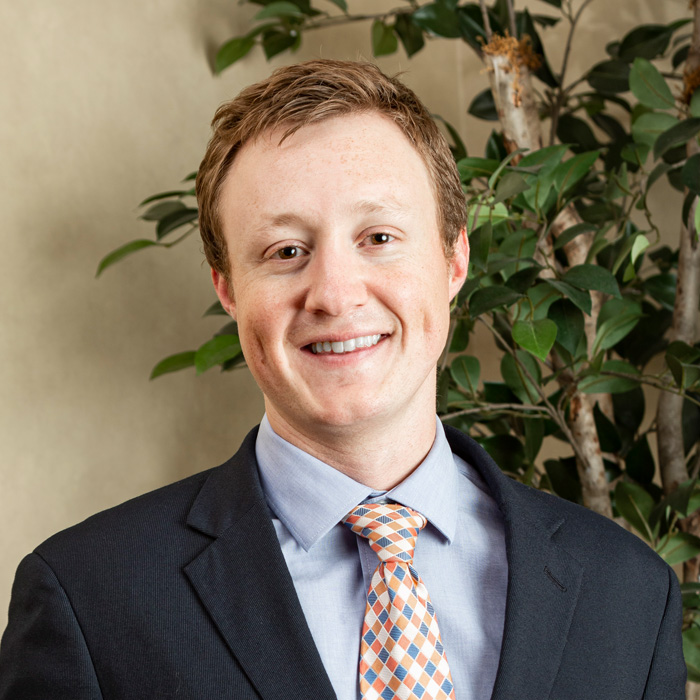
Caleb Hodge Associate
Bank of America Deceptive Credit Card PracticesExactech Knee and Ankle Replacement LawsuitCamp Lejeune Water Contamination LawsuitsSecurities FraudMutual Fund LitigationClass ActionsAntitrust & Deceptive Trade
READ MORE
Theodore “TAC” Hargrove, II Associate
Business LitigationWhistleblower & Qui Tam ActionsVehicle Defects & Warranty IssuesProducts And Premises LiabilityEmployment Class ActionsPredatory LendingClass Actions
READ MORE
Thomas D. Rogers Founding Member (Retired)
EzriCare & Delsam Pharma Eye Drops LawsuitChemical Hair Straightener Cancer LawsuitsTalcum Powder Ovarian Cancer LawsuitsCombat Arms Ear Plugs SettlementDefective Medical ProductsDrug InjuryPharmaceutical Drugs & Medical DevicesTalcum Powder LawsuitsMedical Malpractice & Pharmacy Liability LawyersEthicon Hernia Mesh Lawsuits
READ MORE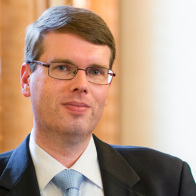
T. Christopher Tuck Member
Whistleblower & Qui Tam ActionsSecurities FraudHealthcare FraudEmployment Class ActionsPredatory LendingClass Actions
READ MORE
Robert S. Wood Member
Whistleblower & Qui Tam ActionsEmployment Class ActionsPredatory LendingClass ActionsAntitrust & Deceptive Trade
READ MORE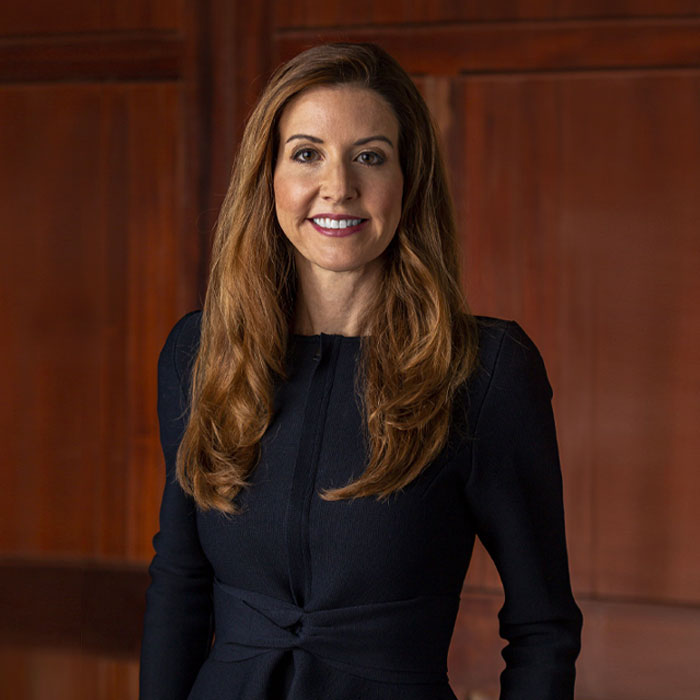
Nina Fields Britt Managing Attorney
Bank of America Deceptive Credit Card PracticesExactech Knee and Ankle Replacement LawsuitDefective Medical ProductsSecurities FraudPharmaceutical Drugs & Medical DevicesMutual Fund LitigationClass ActionsAntitrust & Deceptive Trade
READ MORE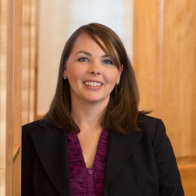
Misty Black O’Neal Associate
Depo-Provera Brain Tumor LawsuitOzempic Stomach Paralysis & Intestinal Blockage LawsuitsEzriCare & Delsam Pharma Eye Drops LawsuitChemical Hair Straightener Cancer LawsuitsCamp Lejeune Water Contamination LawsuitsSouth Carolina Paraquat LawsuitParaquat Weed Killer LawsuitTalcum Powder Ovarian Cancer LawsuitsCombat Arms Ear Plugs SettlementDefective Medical ProductsDrug InjurySouth Carolina Wrongful Death LawyersPharmaceutical Drugs & Medical DevicesTalcum Powder LawsuitsMedical Malpractice & Pharmacy Liability LawyersEthicon Hernia Mesh Lawsuits
READ MORE
Michael J. Brickman Member
Bank of America Deceptive Credit Card PracticesTalcum Powder Mesothelioma LawsuitsAsbestos ExposureDefective Medical ProductsDrug InjuryMesothelioma LawyersPericardial MesotheliomaPeritoneal MesotheliomaPleural MesotheliomaMesothelioma CausesAsbestos Lung CancerBusiness LitigationSecurities FraudPharmaceutical Drugs & Medical DevicesMutual Fund LitigationMedical Malpractice & Pharmacy Liability LawyersClass ActionsMesothelioma LawsuitsAntitrust & Deceptive Trade
READ MORE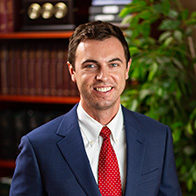
Matthew A. Nickles Member
EzriCare & Delsam Pharma Eye Drops LawsuitGas Can ExplosionsPool Drowning AccidentsSouth Carolina Wrongful Death LawyersProducts And Premises LiabilityHeart Surgery Infection LawsuitsNursing Home Abuse & Neglect LawyersMedical Malpractice & Pharmacy Liability LawyersE-Cigarette Explosion LawsuitsClass ActionsBurn Injury LawyersLithium-Ion Battery ExplosionsMesothelioma Lawsuits
READ MORE
Kimberly Keevers Palmer Member
Exactech Knee and Ankle Replacement LawsuitDefective Medical ProductsDrug InjuryPharmaceutical Drugs & Medical DevicesHeart Surgery Infection LawsuitsMedical Malpractice & Pharmacy Liability LawyersEmployment Class ActionsClass ActionsAntitrust & Deceptive Trade
READ MORE
Kenneth J. Wilson Member
Talcum Powder Mesothelioma LawsuitsAsbestos ExposureWhat Is Mesothelioma?Mesothelioma LawyersPericardial MesotheliomaPeritoneal MesotheliomaPleural MesotheliomaMesothelioma CausesAsbestos Lung CancerSouth Carolina Wrongful Death LawyersVehicle Defects & Warranty IssuesTruck Accident LawyersProducts And Premises LiabilityClass ActionsMesothelioma Lawsuits
READ MORE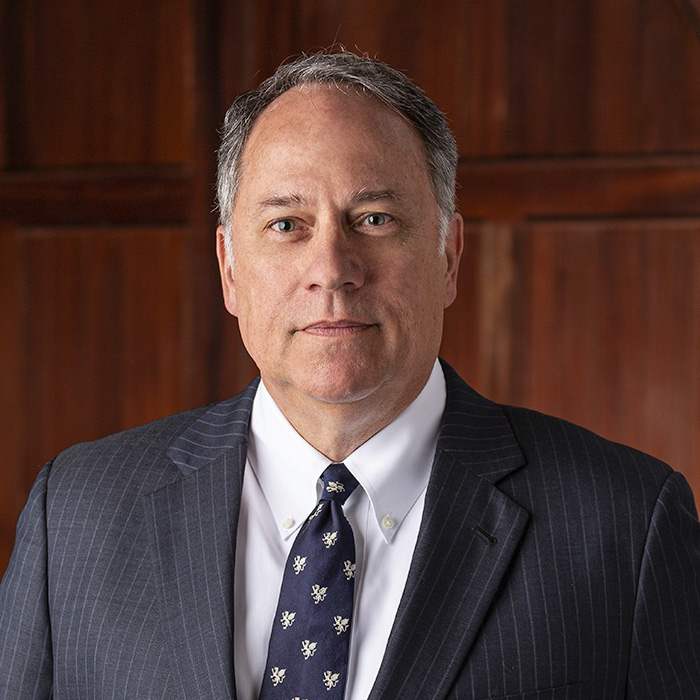
Karl E. Novak Member
Talcum Powder Mesothelioma LawsuitsAsbestos ExposureWhat Is Mesothelioma?Mesothelioma LawyersPericardial MesotheliomaPeritoneal MesotheliomaPleural MesotheliomaMesothelioma CausesAsbestos Lung CancerMesothelioma Lawsuits
READ MORE
Jerry Hudson Evans Of Counsel
Talcum Powder Mesothelioma LawsuitsAsbestos ExposureWhat Is Mesothelioma?Mesothelioma LawyersPericardial MesotheliomaPeritoneal MesotheliomaPleural MesotheliomaMesothelioma CausesAsbestos Lung CancerForeign Legal ConsultantsEnvironmental & Natural Resource DamageMesothelioma Lawsuits
READ MORE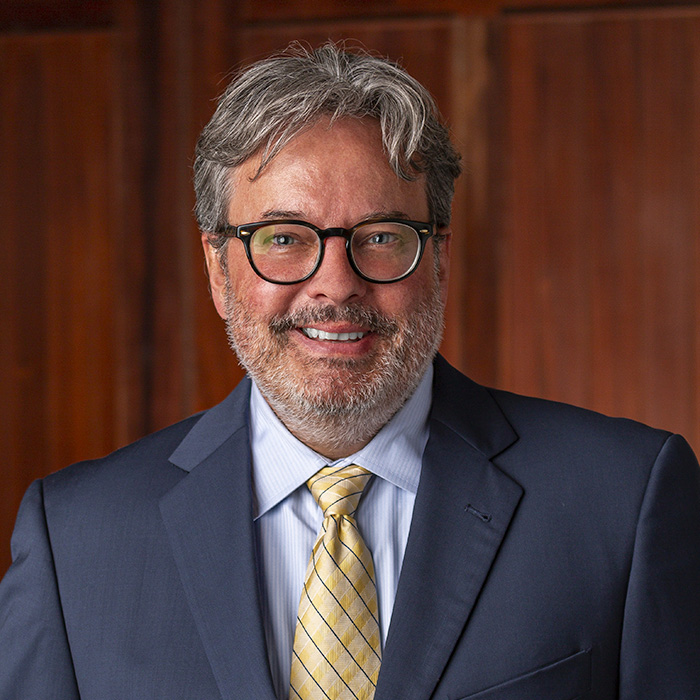
James C. Bradley Member
Bank of America Deceptive Credit Card PracticesCamp Lejeune Water Contamination LawsuitsSecurities FraudMutual Fund LitigationClass ActionsAntitrust & Deceptive Trade
READ MORE
J. David Butler In Memoriam
South Carolina Paraquat LawsuitParaquat Weed Killer LawsuitTalcum Powder Mesothelioma LawsuitsAsbestos ExposureWhat Is Mesothelioma?Mesothelioma LawyersPericardial MesotheliomaPeritoneal MesotheliomaPleural MesotheliomaMesothelioma CausesAsbestos Lung CancerSouth Carolina Wrongful Death LawyersRailroad Accident LawyersProducts And Premises LiabilityClass ActionsMesothelioma Lawsuits
READ MORE
Elizabeth Middleton Burke Member
Depo-Provera Brain Tumor LawsuitOzempic Stomach Paralysis & Intestinal Blockage LawsuitsEzriCare & Delsam Pharma Eye Drops LawsuitChemical Hair Straightener Cancer LawsuitsExactech Knee and Ankle Replacement LawsuitCamp Lejeune Water Contamination LawsuitsSouth Carolina Paraquat LawsuitParaquat Weed Killer LawsuitTalcum Powder Ovarian Cancer LawsuitsCombat Arms Ear Plugs SettlementDefective Medical ProductsDrug InjurySouth Carolina Wrongful Death LawyersProducts And Premises LiabilityPharmaceutical Drugs & Medical DevicesHeart Surgery Infection LawsuitsTalcum Powder LawsuitsMedical Malpractice & Pharmacy Liability LawyersEthicon Hernia Mesh Lawsuits
READ MORE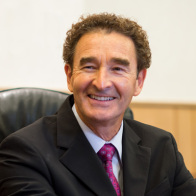
Edward J. Westbrook Of Counsel
Talcum Powder Mesothelioma LawsuitsAsbestos ExposureWhat Is Mesothelioma?Mesothelioma LawyersPericardial MesotheliomaPeritoneal MesotheliomaPleural MesotheliomaMesothelioma CausesAsbestos Lung CancerEnvironmental & Natural Resource DamageClass ActionsMesothelioma Lawsuits
READ MORE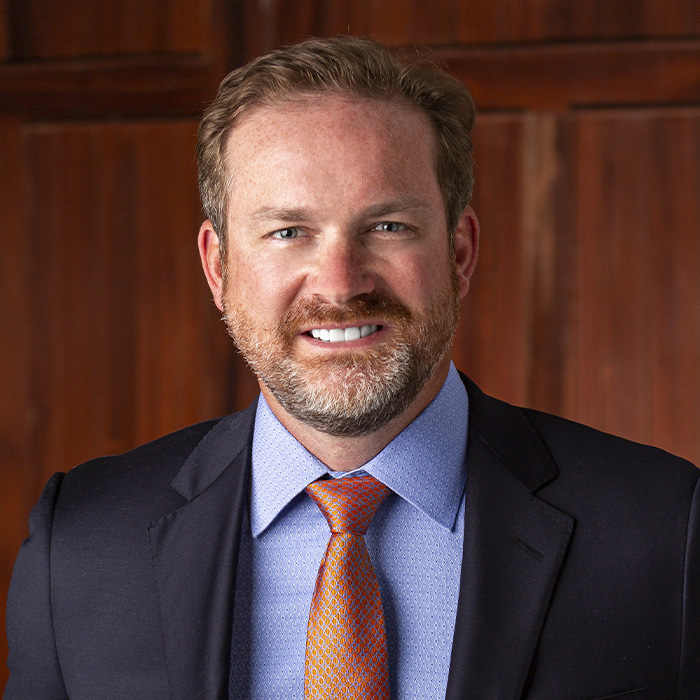
D. Charles Dukes In Memoriam
Business LitigationSouth Carolina Wrongful Death LawyersWhistleblower & Qui Tam ActionsProducts And Premises LiabilityEmployment Class ActionsClass ActionsAntitrust & Deceptive Trade
READ MORE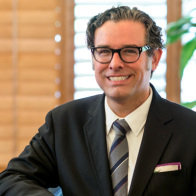
Christiaan A. Marcum Member
Depo-Provera Brain Tumor LawsuitOzempic Stomach Paralysis & Intestinal Blockage LawsuitsEzriCare & Delsam Pharma Eye Drops LawsuitChemical Hair Straightener Cancer LawsuitsExactech Knee and Ankle Replacement LawsuitCamp Lejeune Water Contamination LawsuitsSouth Carolina Paraquat LawsuitParaquat Weed Killer LawsuitTalcum Powder Ovarian Cancer LawsuitsCombat Arms Ear Plugs SettlementDefective Medical ProductsDrug InjuryPharmaceutical Drugs & Medical DevicesHeart Surgery Infection LawsuitsTalcum Powder LawsuitsMedical Malpractice & Pharmacy Liability LawyersEnvironmental & Natural Resource Damage
READ MORE
Charles W. Patrick, Jr. Of Counsel
Talcum Powder Mesothelioma LawsuitsAsbestos ExposureWhat Is Mesothelioma?Mesothelioma LawyersPericardial MesotheliomaPeritoneal MesotheliomaPleural MesotheliomaMesothelioma CausesAsbestos Lung CancerProducts And Premises LiabilityClass ActionsMesothelioma Lawsuits
READ MORE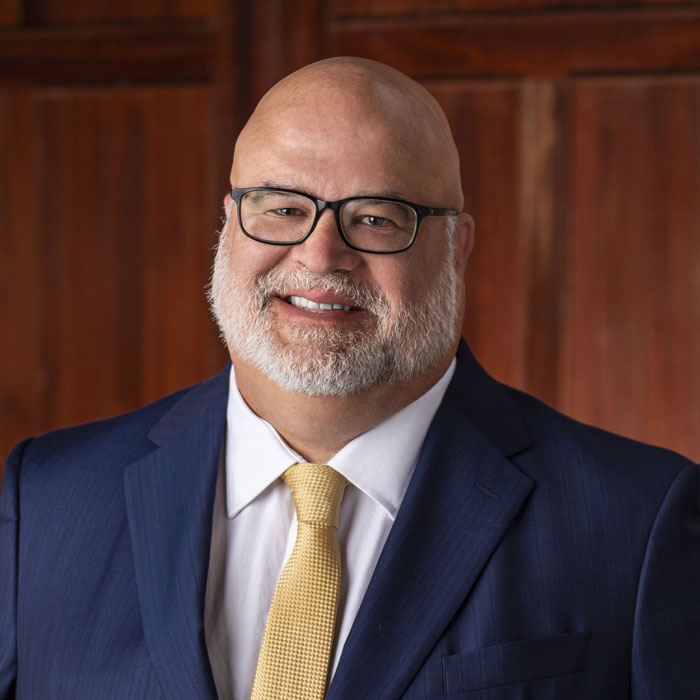
Aaron R. Dias Member
Depo-Provera Brain Tumor LawsuitOzempic Stomach Paralysis & Intestinal Blockage LawsuitsEzriCare & Delsam Pharma Eye Drops LawsuitChemical Hair Straightener Cancer LawsuitsExactech Knee and Ankle Replacement LawsuitCamp Lejeune Water Contamination LawsuitsSouth Carolina Paraquat LawsuitParaquat Weed Killer LawsuitTalcum Powder Ovarian Cancer LawsuitsCombat Arms Ear Plugs SettlementDefective Medical ProductsPharmaceutical Drugs & Medical DevicesHeart Surgery Infection LawsuitsTalcum Powder LawsuitsMedical Malpractice & Pharmacy Liability LawyersEnvironmental & Natural Resource Damage
READ MORE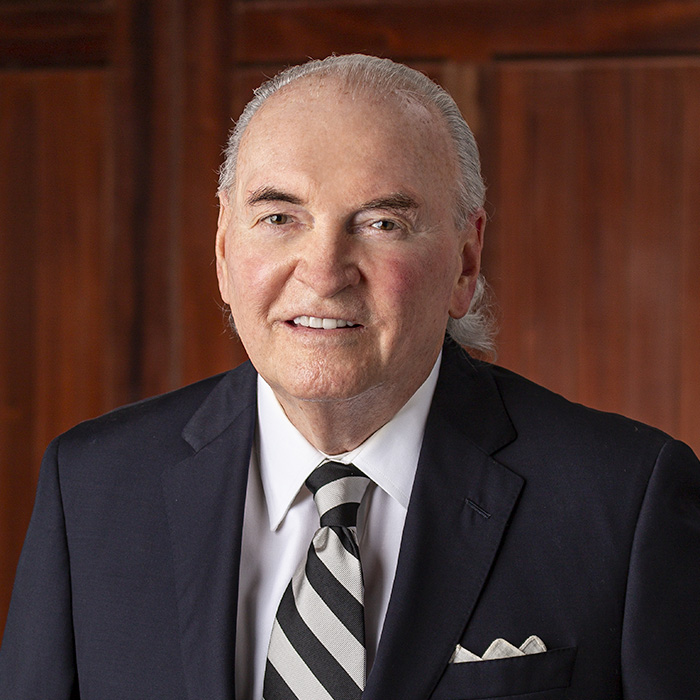
A. Hoyt Rowell, III Member
Defective Medical ProductsDrug InjurySouth Carolina Wrongful Death LawyersProducts And Premises LiabilityPharmaceutical Drugs & Medical DevicesNursing Home Abuse & Neglect LawyersHealthcare FraudForeign Legal ConsultantsPredatory LendingClass Actions
READ MORE
